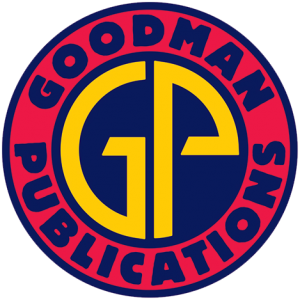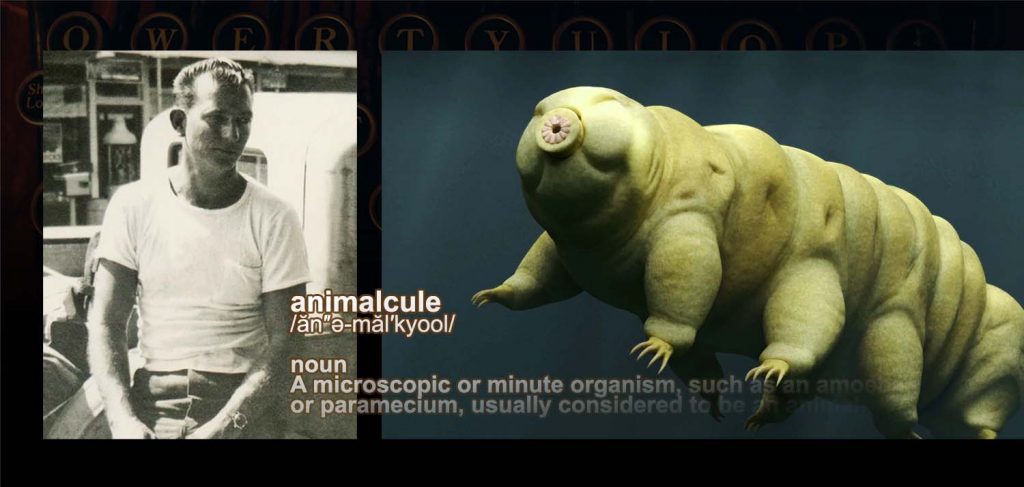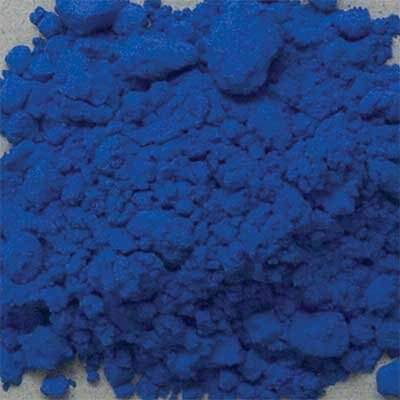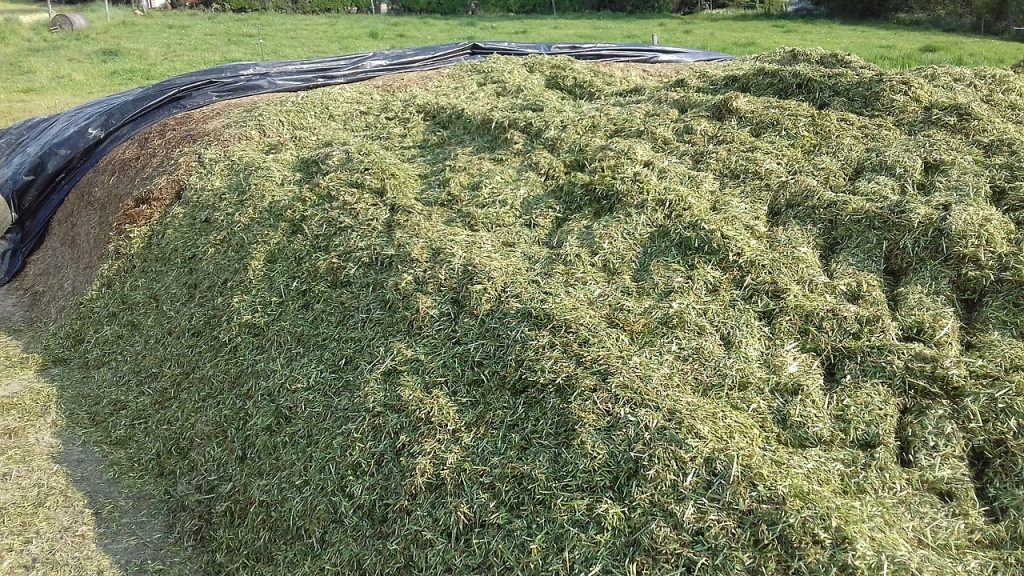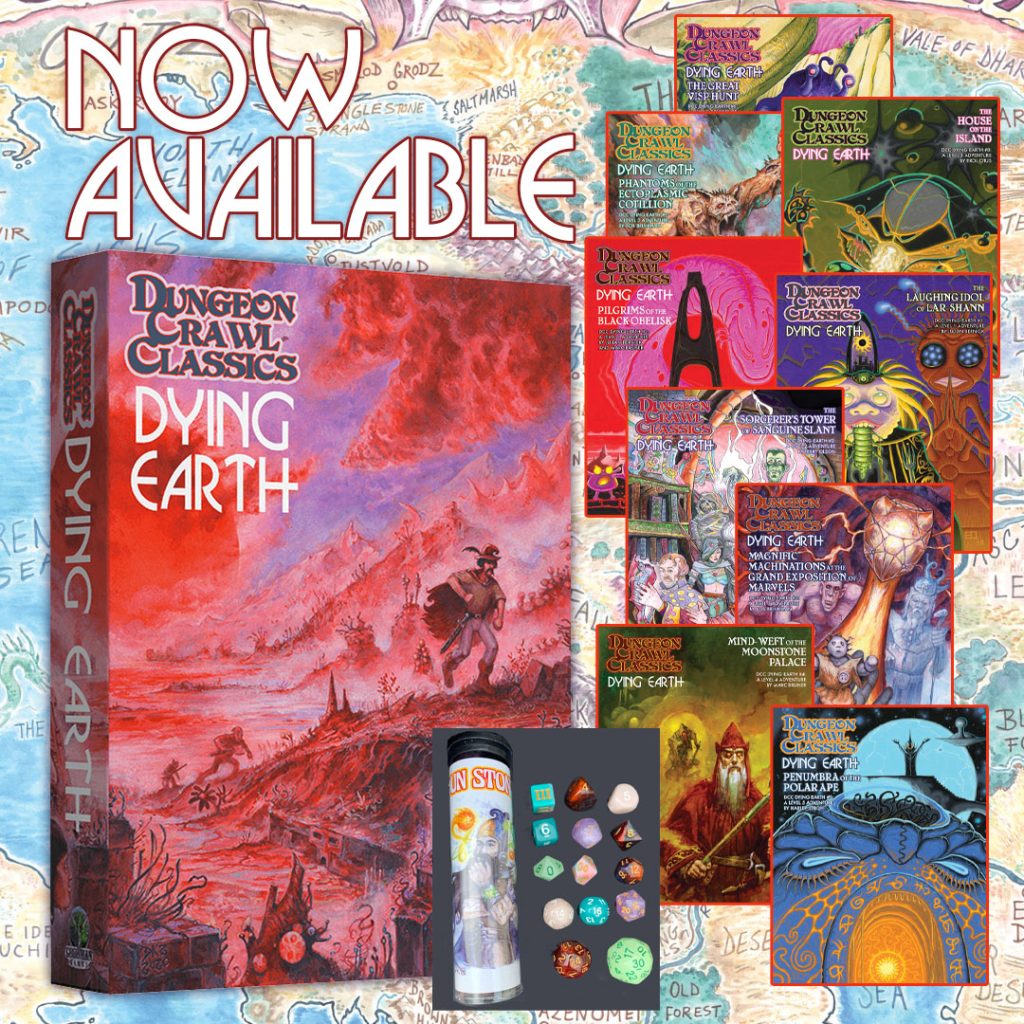We’re celebrating the release of DCC Dying Earth all this Month with articles in honor of Jack Vance.
Words Weird and Wonderful: Jack Vance’s Dying Earth
by Bill Ward
By no means secondary to his innovations in diction, Jack Vance’s exacting employment of etymological rarities, conjugational novelties, and antiquated antiquaria conspires to produce a style that may only be satisfactorily appellativized as ‘Vancian.’ What follows is far from a pandect on the topic, but rather a minikin’s smattering sample of Jack Vance’s usual unusual words.
From The Dying Earth
Avaunt, adv. be gone, away, as in an exclamation. Anglo-French “avant,” from Latin “abante;” “ab” from + “ante” before
“But then, avaunt you ghost, back to the orifice, back and avaunt, avaunt, I say!”
Fuscous, adj. Brownish gray. Latin “fuscus” dusk
Smalt, n./adj. Deep blue pigment made from powdered glass containing cobalt. Old High German “smelzan” melt/smelt
A great rug pelted the floor, a monster tabard woven of gold, brown, bronze, two tones of green, fuscous red and smalt blue.
From The Eyes of the Overworld
Animacule, n. A microscopic organism or tiny animal. New Latin “animalculum” diminutive of “animal”
Subucule considered the thesis over-elaborate: “If the sun were a cell, what then becomes the nature of the earth?”
“An animalcule deriving nutriment,” replied Bluner. “Such dependencies are known elsewhere and need not evoke astonishment.”
Ensilage, n. (also silage) green fodder preserved through fermentation in a silo or pit. French “ensiler” “en” in + “silo”
A wall of mud brick mingled with fragments of carved stone surrounded a compound, whence issued sounds: crying, calls, deep bellows, throaty growls, barks, screams and roars, and a strong multiphase odor, combined of ammonia, ensilage, a dozen sorts of dung, the taint of old meat, general acridity.
Jejune, adj. Childish, silly, naive, dull, superficial. Latin “jejunus” empty of nourishment
“What of the effects of digestion?” inquired Cugel delicately. “Will the various components of space, time and existence retain their identity after passing the length of my inner tract?”
“Bah. The concept is jejune. Enough to say that you have wreaked damage and created a serious tension in the ontological fabric.”
From Cugel’s Saga
Kickshaw, n. delicate trinket or gew-gaw. Folk etymology of French “quelque chose” something
“I am dumbfounded by your generosity!” said Cugel. “What, may I ask, do you want in return?”
“Bah! Some trifle, perhaps, to symbolize the exchange. The kickshaw that you wear in your hat will suffice.”
Vermifuge, n. medicine or substance having the property of expelling intestinal worms. Latin “vermis” worm + “fugere” to cause to flee
With a luminous arrow the book indicated a row of massive trees clipped into globular shapes. “Those are irix, the sap of which may be used as an effective vermifuge. The species is now extinct.”
Voyant, n. ie. clairvoyant. French “voyant” crystal-gazer, sighted-person
“I am a skilled voyant, I have acquaintance with the arts of magic, but knowledge comes to me from unknown and uncontrollable sources.”
From Rhialto the Marvellous
Insidiator, n. One who lies in ambush; a plotter. Latin “insidiae” ambush
Zanzel glanced over his shoulder. “We have here an insidiator: that is my reasoned opinion. I am taking him to be executed where his ghost will bring me no bad luck.”
Nuncupatory, adj. oral (as in a contract), an alleged fact having no importance. Latin “nuncupatus” to name, declare
“I understand the gist of your speculation,’ said Rhialto. ‘It is most likely nuncupatory.”
Squalmaceous, adj. Of the cell or a being made of cells. Latin “squama” scale
“I arranged devices to signal all illicit incursions, either temporal, torsional, squalmaceous, or dimensional.”
